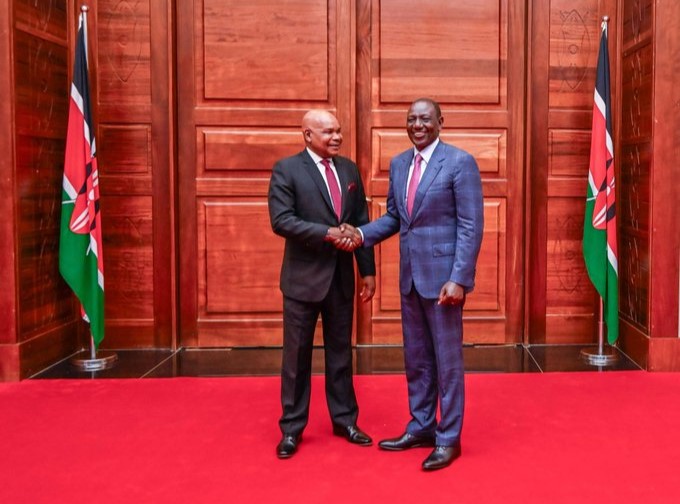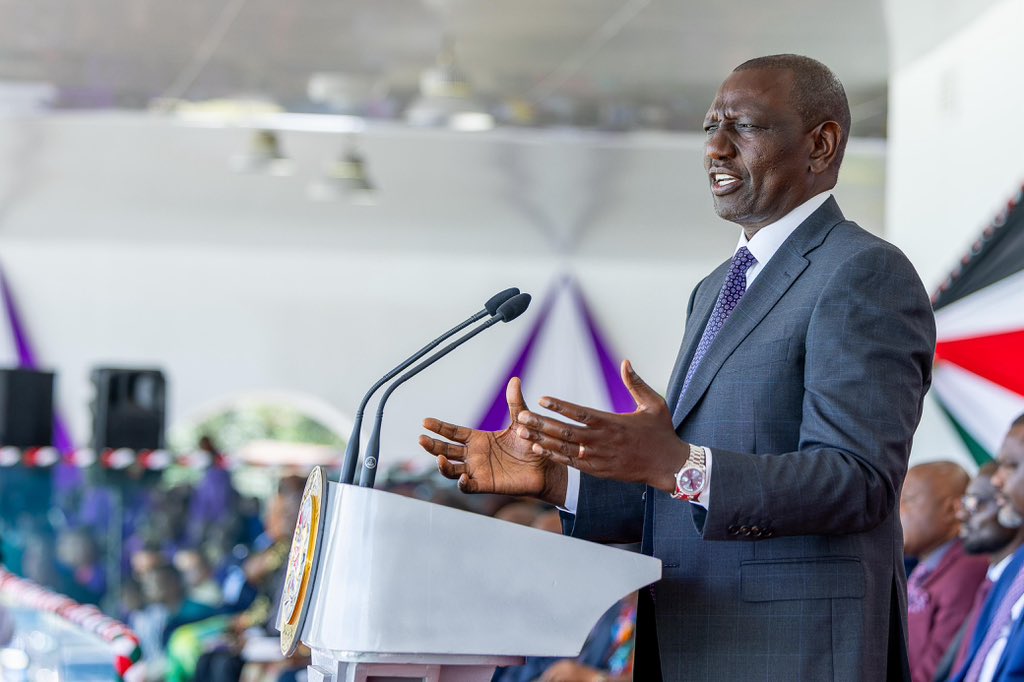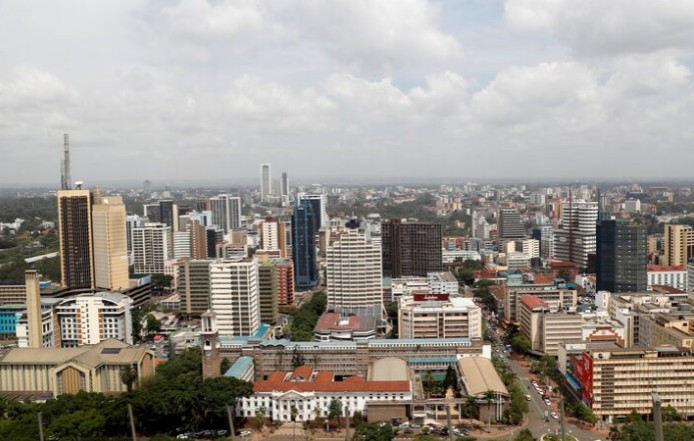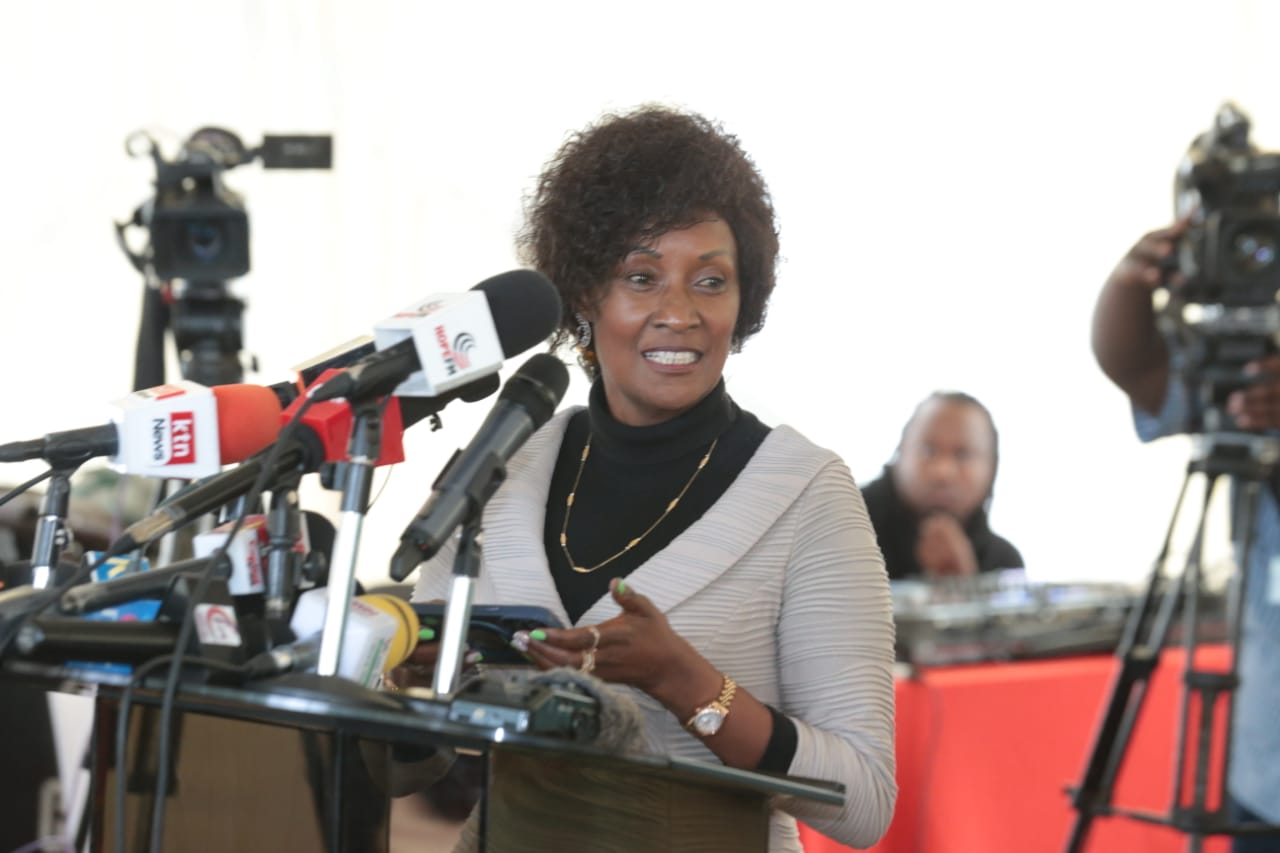Finance Bill 2025 proposes 16% VAT on internet radio and TV
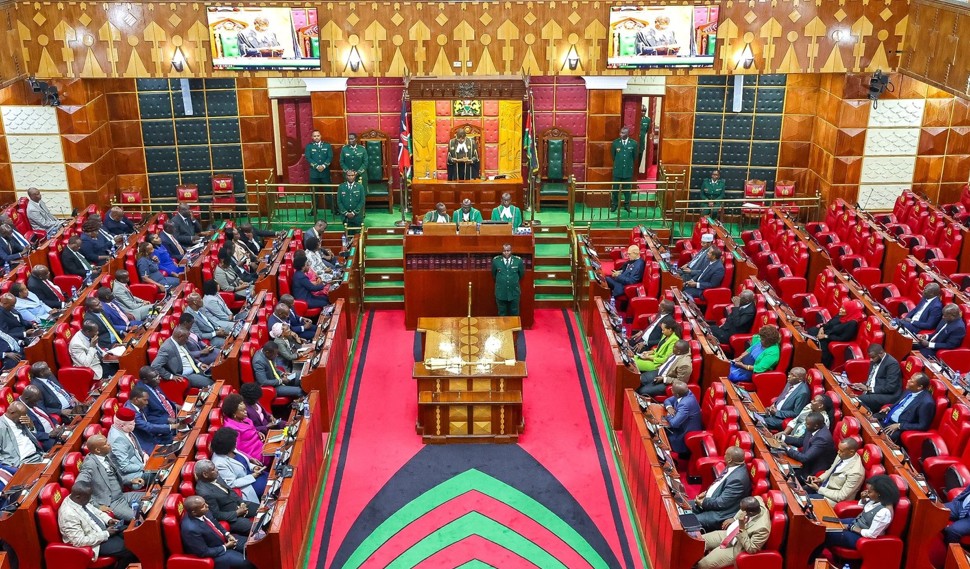
If passed, the amendment means consumers of online radio and television will face higher subscription costs as service providers adjust prices to reflect the additional tax burden.
The draft Finance Bill, 2025, tabled in Parliament, has proposed a 16 per cent VAT on internet-based radio and TV services as part of the government’s wider push to broaden the digital tax net.
The proposed change is expected to widen the tax base and boost revenue collections amid the government’s fiscal pressures.
More To Read
- Mudavadi to MPs: Fund Foreign Ministry to support Kenyans in legal trouble abroad
- Chuka community’s push for recognition as Kenya’s 45th tribe reaches Parliament
- Ousted MPs ordered to vacate offices as new committee leaders take over
- CRA wants Parliament to introduce limits on dollar-denominated borrowing
According to the draft Bill, Section 8 of the Value Added Tax Act is set to be amended to include internet broadcasting services under the scope of electronic services that attract VAT.
Specifically, it seeks to delete the phrase “broadcast television” and replace it with “internet radio or television broadcasting services” to ensure that digital content streaming platforms fall within the VAT framework.
“Section 8 of the Value Added Tax is amended in subsection (3) by deleting the words ‘broadcast television’ appearing in paragraph (g) and substituting thereof the words ‘internet radio or television broadcasting services’,” the draft Bill reads in part.
Currently, the VAT Act defines “electronic services” as any of the following when delivered through a telecommunications network: websites, web-hosting, remote maintenance of programmes and equipment; software and its updates; images, text, and information; access to databases; self-education packages; music, films, and games (including games of chance); and political, cultural, artistic, sporting, scientific and other broadcasts and events, including broadcast television.
The proposed amendment will therefore shift focus from traditional broadcast TV to its internet-based counterparts.
If passed, the amendment means consumers of online radio and television will face higher subscription costs as service providers adjust prices to reflect the additional tax burden.
The move comes amid growing internet penetration and a shift in media consumption habits, particularly among the youth, who prefer the flexibility and variety offered by streaming platforms over conventional broadcast channels.
A recent study by UK-based research firm GWI ranked Kenya fourth globally in digital content purchases, with 76.5 per cent of Kenyans above the age of 16 paying for digital content each month. Only Norway, Mexico and Sweden registered higher consumption rates, highlighting Kenya’s vibrant digital economy.
The Communications Authority of Kenya (CA) has also observed the growing appeal of internet-based platforms, noting that streaming services are increasingly curating content specifically for teenagers, with themes tailored to their interests and concerns.
In addition to the proposed VAT, non-resident providers of digital services already pay a Significant Economic Presence (SEP) tax, formerly known as the Digital Services Tax, which is charged at three per cent of their gross turnover. This tax, introduced under the Tax Laws (Amendment) Act, 2024, took effect in December and is payable on or before the 20th of the following month.
The inclusion of internet-based TV and radio under VAT marks the latest step in the government’s efforts to raise revenue from Kenya’s expanding digital space.
If Parliament passes the Finance Bill before the start of the next financial year on July 1, the changes will take effect immediately.
Other Topics To Read
Top Stories Today

